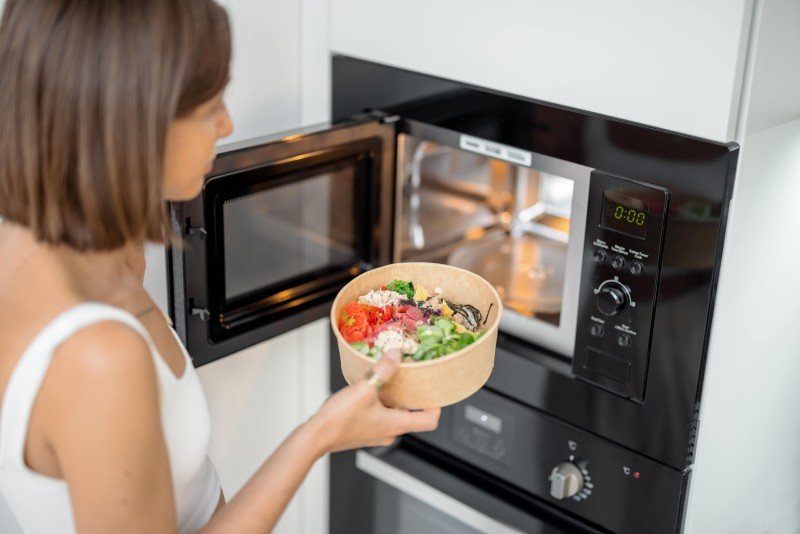Understanding Cookers and Hobs: A Comprehensive Guide
Cooking is an integral element of day-to-day life, and the development of kitchen appliances plays a substantial role in how effectively and successfully individuals prepare their meals. Among these home appliances, cookers and hobs are 2 of the most vital instruments discovered in modern-day kitchen areas. This post explores the differences in between cookers and hobs, analyzes their numerous types, and provides insights on their functions, upkeep, and choice process.
What are Cookers and Hobs?
Cookers
Cookers are thorough kitchen devices designed for cooking jobs, generally integrating an oven and a hob. They are available in various configurations and types, accommodating varied cooking needs and choices.
Hobs
Hobs, on the other hand, are more focused devices primarily utilized for boiling, frying, and other stovetop cooking methods. Hobs can be standalone systems or an integrated part of bigger cookers.
| Function | Cookers | Hobs |
|---|---|---|
| Function | Combines oven and hob | Stovetop cooking just |
| Style | All-in-one system | Different unit or integrated |
| Types | Electric, gas, double fuel | Gas, electric, induction |
| Setup | Permits more versatility | Built into the counter top |
| Rate Range | Generally greater | Differs commonly |
Types of Cookers
1. Electric Cookers
Electric cookers utilize electrical power as their main source of power. They typically include a built-in oven and multiple cooking zones on the hob.
Advantages:
- Even heat circulation
- Offered in different designs (e.g., freestanding, integrated)
2. Gas Cookers
Gas cookers operate on gas or liquefied petroleum gas (LPG). They use instant heat control, making them a favorite amongst expert chefs.
Benefits:
- Instant heat changes
- More affordable operational costs
3. Dual Fuel Cookers
Dual fuel cookers combine the heat of gas with the efficiency of electric ovens. This setup enables for the very best of both worlds, supplying control and constant results.
Advantages:
- Flexible cooking alternatives
- Precise control over stovetop cooking and baking
4. Range Cookers
Range cookers are bigger and more effective than basic cookers, including multiple ovens and hobs for comprehensive cooking tasks.
Advantages:
- Ideal for large families or cooking for events
- Offers different cooking options in one appliance
Types of Hobs
1. Gas Hobs
Gas hobs are preferred for their fast heating and strong flame, making them exceptional for scorching and stir-frying.
Benefits:
- Instant heat and control
- Compatible with any kind of pots and pans
2. Electric Hobs
Electric hobs warm up using electric coils or glass-ceramic surfaces, providing a modern-day appearance and effective cooking.
Benefits:
- Easier to clean
- Consistent surface area appropriate for various pots and pans
3. Induction Hobs
Induction hobs use electromagnetic fields to heat pots and pans straight, using quickly and energy-efficient cooking.
Advantages:
- Safe (cool surface after getting rid of pots and pans)
- Energy-efficient and exact
4. Strong Plate Hobs
These conventional hobs utilize strong electric plates that heat up slowly.
Benefits:
- Rugged and resilient
- Usually more affordable than other types
Secret Features to Consider
When selecting a cooker or hob, numerous functions need to be taken into consideration:
- Size and Space: Consider the size of your kitchen and the quantity of workspace needed.
- Cooking Style: Choose based upon preference-- gas for control, induction for efficiency, and so on.
- Efficiency Ratings: Look for energy-efficient models to minimize energy expenses.
- Relieve of Cleaning: Smooth surface areas help with simple maintenance.
- Safety Features: Automatic shutoff, flame failure gadgets, and child locks improve safety.
Maintenance Tips
Maintaining cookers and hobs prolongs their lifespan and makes sure safe operations.
- Routine Cleaning: Wipe down surface areas after use to avoid buildup.
- Check Seals: Check oven door seals regularly for wear and tear to maintain efficiency.
- Service Regularly: Schedule expert servicing at least when a year.
- Appropriate Cookware: Use cookware proper for your hob type to avoid damage.
Regularly Asked Questions (FAQs)
What is the difference between a cooker and a hob?
A cooker combines an oven and hob in one system, while a hob is typically a standalone device for stovetop cooking.
Do I require a professional to install a gas cooker or hob?
Yes, professional installation is suggested for gas appliances to guarantee security and compliance with regional guidelines.
Can I use any kind of pots and pans on induction hobs?
Induction hobs require magnetic pots and pans. Stainless steel or cast iron pots work best. ovensandhobs.uk -magnetic materials will not warm up.
Are electric cookers more energy-efficient than gas cookers?
While both have benefits, electric cookers tend to be more energy-efficient general, especially with modern-day, high-efficiency designs.
How often should I clean my cooker or hob?
It is best to clean them after each use and carry out a thorough cleaning weekly to prevent accumulation and residue.
Comprehending the differences, features, types, and maintenance tips for cookers and hobs is vital for any home cook. By picking the right device suited to their cooking requirements, users can improve their cooking experience, making meal preparation an effective and enjoyable chore. Whether selecting the immediate control of gas or the streamlined performance of induction, selecting the proper cooker or hob can result in an especially improved kitchen experience.

